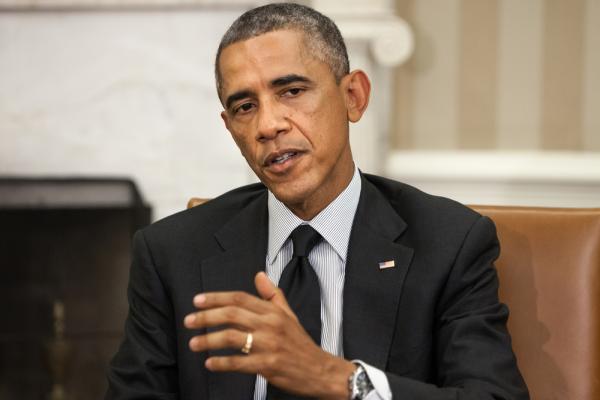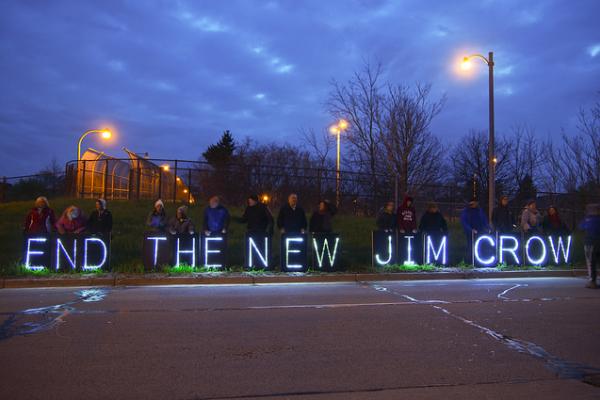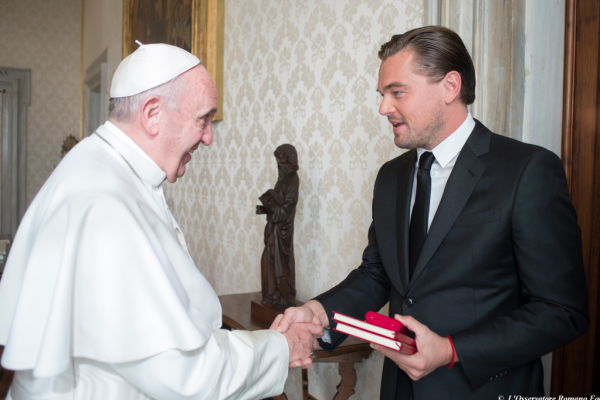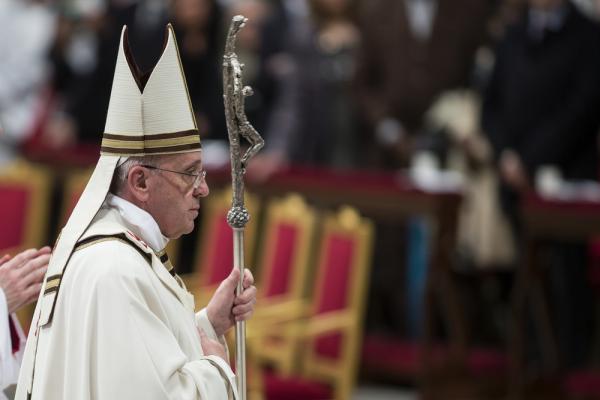Alongside programs like Orange Is the New Black and House of Cards, Netflix now offers users another type of content: Christian sermons. The online video streaming service added lectures by four popular Christian pastors in early December.
“I believe if Jesus were on planet Earth today in the flesh he’d be on Netflix,” said Ed Young, one of the pastors, in a phone interview.
1. Michigan Officials Quietly Gave Bottled Water to State Employees Months Before Flint Residents
It keeps getting worse. “The Michigan Department of Technology, Management & Budget decided to haul water coolers into the Flint state building in January of 2015 out of concern over the city’s water quality, a year before bottled water was being made available to residents.”
2. Becky Hammon Becomes First Female Named to NBA All-Star Coaching Staff
She already made history when she was appointed to the San Antonio Spurs coaching staff — and as the first female coach to lead a summer league to the championship. Now she can add All-Star coaching to her resume.
Curvy. Petite. Diverse. Mattel’s Barbie doll finally got a makeover aimed at making her a more realistic representation of women — and also recovering from plummeting sales of the iconic doll.
President Obama signed an executive action Jan. 29 requiring large companies to disclose to the government how much they pay employees, broken down by race, gender, and ethnicity. This executive action, which applies to companies with 100 or more employees, is aimed in part at reducing the gender wage gap in the U.S., which leaves women earning 79 cents for every dollar earned by men.
Rubio is doing his best to sound like an evangelical Christian. Last night he spoke about his faith more than he has done in all the other GOP debates combined. From what I have read, Rubio attends both a Catholic church and an evangelical megachurch. His spiritual commitment seems sincere. I have no doubt that he is a man of faith. But the way he used his religion last night made the Christian gospel subservient to his political ambitions.
Donald Trump, who loves to call others “losers,” is a big one himself in a new survey of U.S. Protestant pastors.
When LifeWay Research, an evangelical polling group, asked Republican pastors in mid-January who their pick would be if they were voting that very day, Trump was named by only 5 percent.
“Undecided” was the big winner with more than a third of GOP pastors (39 percent) in the survey. Indeed, 48 percent overall said they had no top choice in this “bizarre election season,” said LifeWay Research executive director Ed Stetzer.
Our lawyers have made a strong case this week that the voter ID component of this legislation places an unnecessary and undue burden on voters — especially poor and African-American voters. We will ultimately win this fight in the courts. But this case is about much more than defeating voter ID laws. It is about a central question of 21st-century American politics: is a multiethnic democracy possible?
Possibly hoping for divine intervention ahead of next month’s Academy Awards, Hollywood star Leonardo DiCaprio met with fellow environmentalist Pope Francis. Speaking Italian, DiCaprio kissed the pontiff’s hand on Jan. 28 and offered a “grazie” [thank you] “for granting me this private audience with you.” Then, switching to English, he gave the pontiff a book of paintings by Early Netherlandish painter Hieronymus Bosch, whose works meld fantastic imagery with reality.
The run-up to the Feb. 1 Iowa caucus has shifted from who is toughest on ISIS or immigration or Obamacare to an all-out scramble to court evangelicals — an estimated 60 percent of Republican caucus likely voters. However, a new report from the Public Religion Research Institute shows that evangelicals may be sharing their November election clout with a different voting bloc. PRRI found about one in four Iowans identify as evangelical but a similar percentage say they have no religious identity, the nones.
President Obama warned of growing anti-Semitism in the United States and the world as he honored two Americans and two Poles who helped save Jewish lives during World War II.
“Here, tonight, we must confront the reality that around the world, anti-Semitism is on the rise. We cannot deny it,” Obama said at a Holocaust remembrance ceremony at the Israeli embassy Jan. 27. He cited Jews fleeing European cities; attacks on Jewish centers in Mumbai, India and Overland Park, Kan.; and swastikas on college campuses.
Pope Francis is taking direct aim at the wealthy and powerful of the world, saying in his message for Lent that they are often “slaves to sin” who, if they ignore the poor, “will end up condemning themselves and plunging into the eternal abyss of solitude which is hell.”
“The greater their power and wealth, the more this blindness and deception can grow,” the pontiff wrote in his annual Lenten exhortation, which was released on Jan. 26.








